In Ecuador, Vinicio Bacuilima and Anita Cajas have achieved a remarkable transformation from struggling farmers to thriving eco-entrepreneurs. Their journey began when they faced the challenge of making a living from their modest inherited farm. In a bold move, they converted it into the Maraksacha Reserve, located along the main road between Quito and Mindo. Today, the reserve has become a magnet for bird enthusiasts, offering captivating views of colorful hummingbirds and tanagers.
Their success mirrors a broader trend in Ecuador, where birding tourism is flourishing, buoyed by specialized tour groups, local guides, and wildlife lodges. This surge in eco-tourism has spurred many subsistence farmers to repurpose their land into bird reserves, contributing not only to biodiversity conservation but also to the nation's economy.
The Avila family's unwavering commitment to preserving the long-wattled umbrellabird epitomizes this dedication to conservation. By transforming their dairy farm into a protected area, they have established a haven for this unique species and others, creating a livelihood that outstrips traditional farming.
While projects like these are eligible for government funding through initiatives such as the Socio Bosque scheme, navigating the application process can be daunting, leading some landowners to rely solely on revenue from birders.
Individuals like Favián Luna, Doris Villalba, Sergio Basantes, and Jacqui have embraced the nature reserve model, successfully converting their farms into birding destinations. Their efforts not only safeguard habitats but also attract visitors eager to experience Ecuador's diverse birdlife.
The story of Ángel Paz and his brother Rodrigo with Refugio Paz de las Aves illustrates the transformative impact of conservation endeavors. Despite initial obstacles, their dedication to preserving bird habitats has paid dividends, drawing thousands of visitors to marvel at Ecuador's rich avian diversity.
These narratives underscore the potential of sustainable tourism to drive conservation initiatives and provide livelihoods for rural communities. By fostering a deeper connection between people and nature, these initiatives play a vital role in safeguarding Ecuador's unique biodiversity for generations to come.



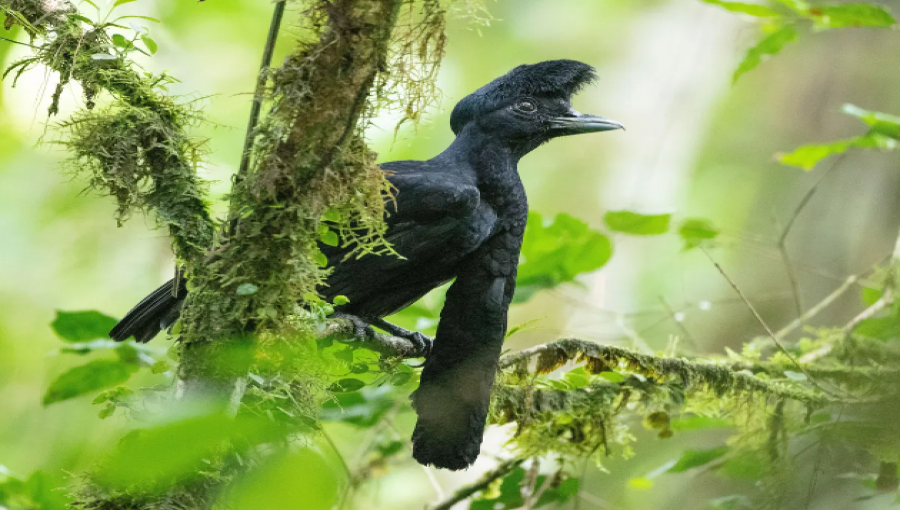
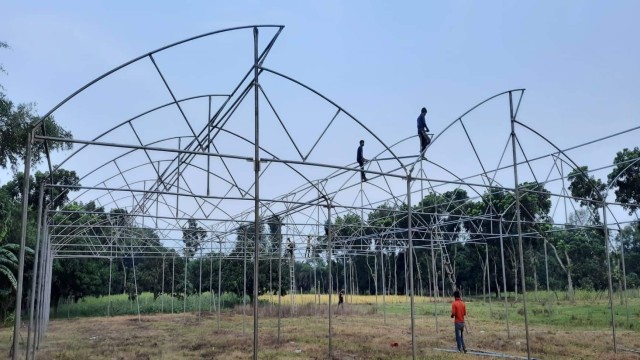

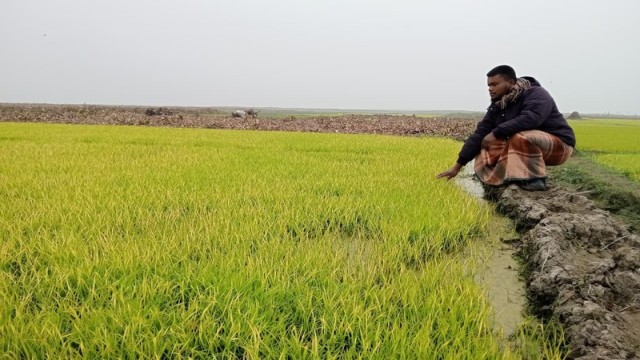
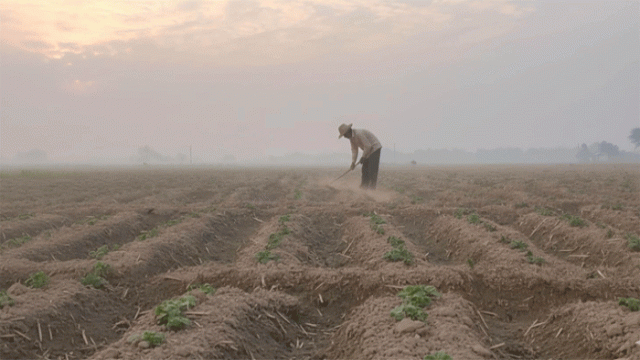
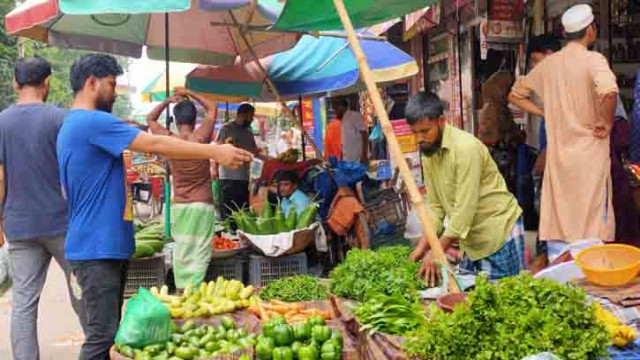
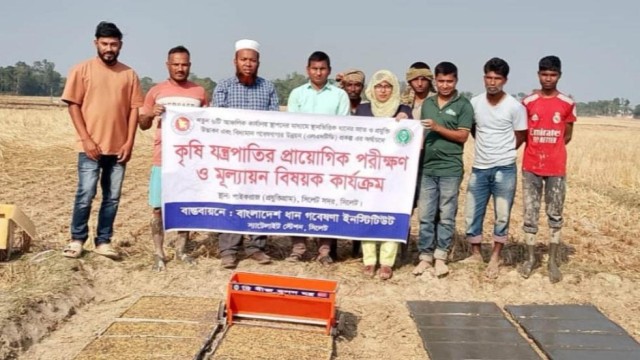





















Comment: